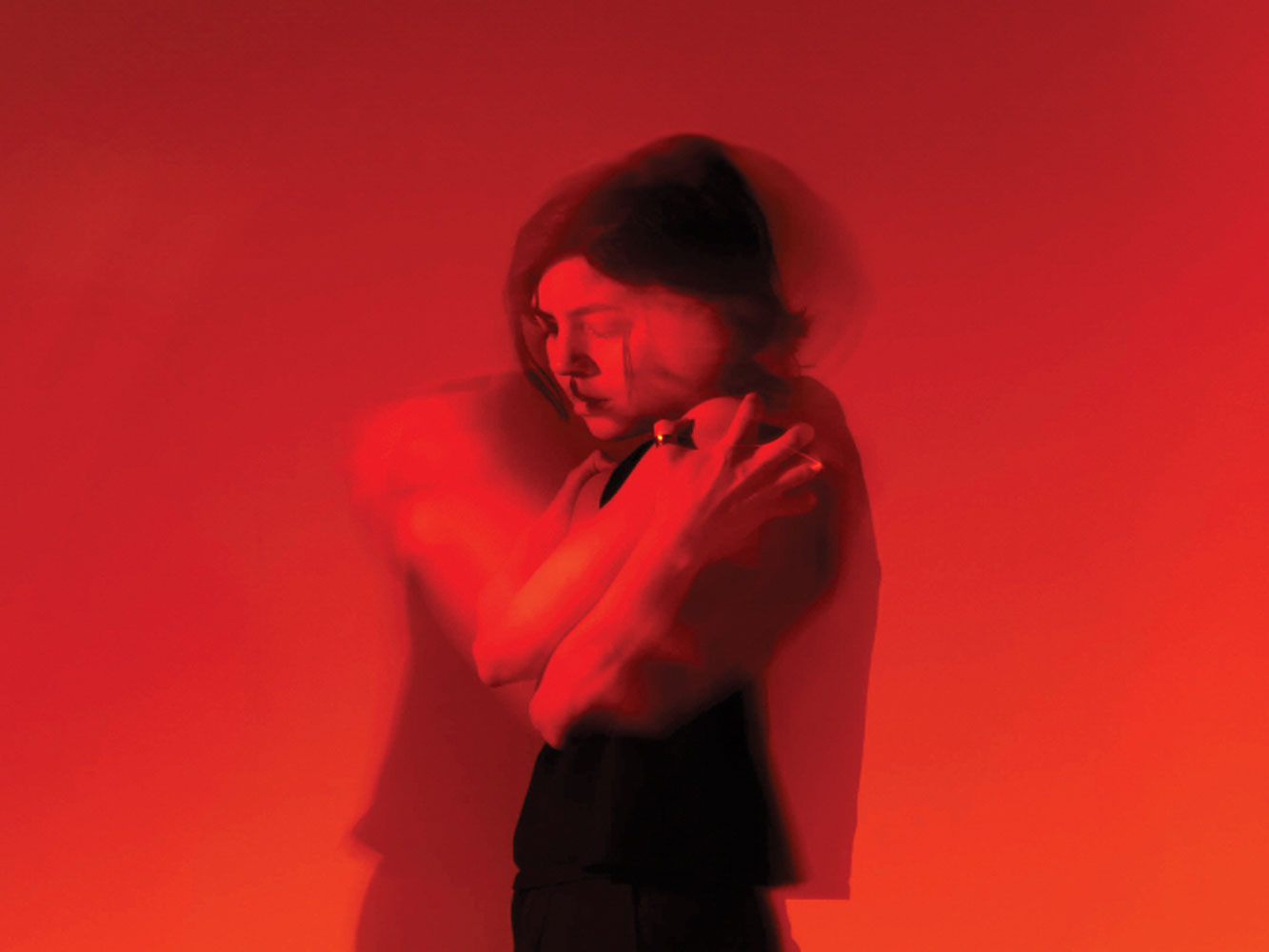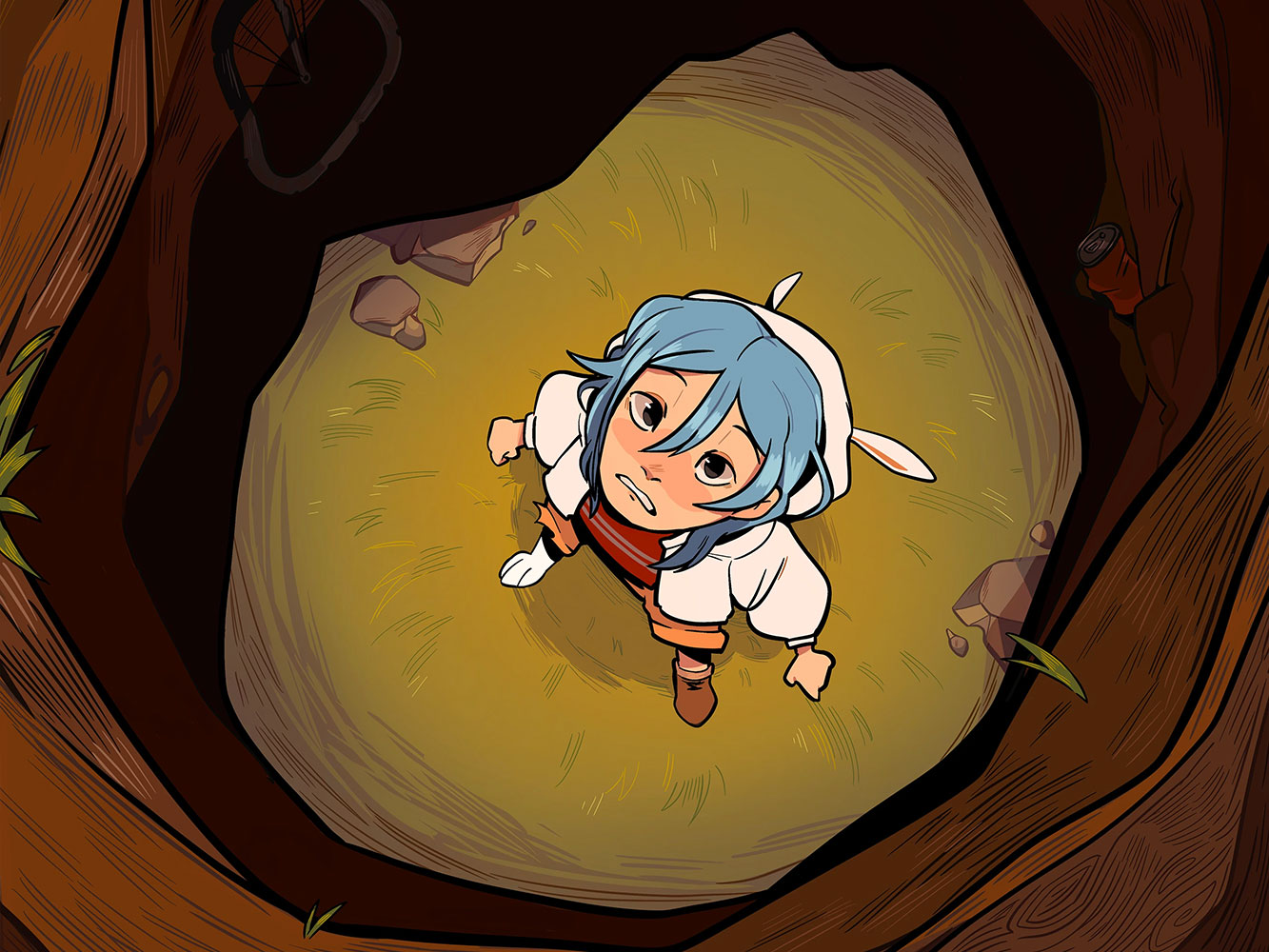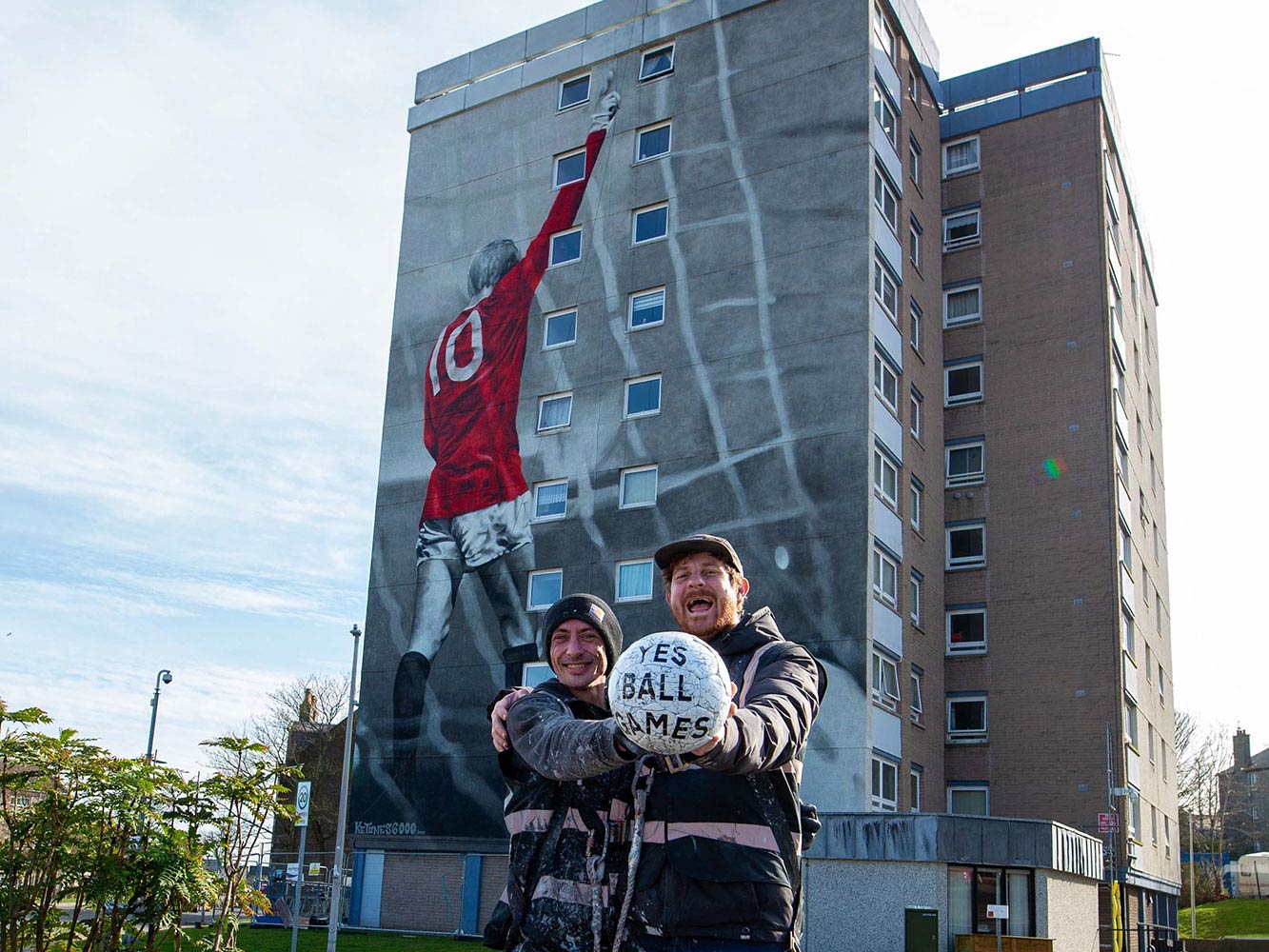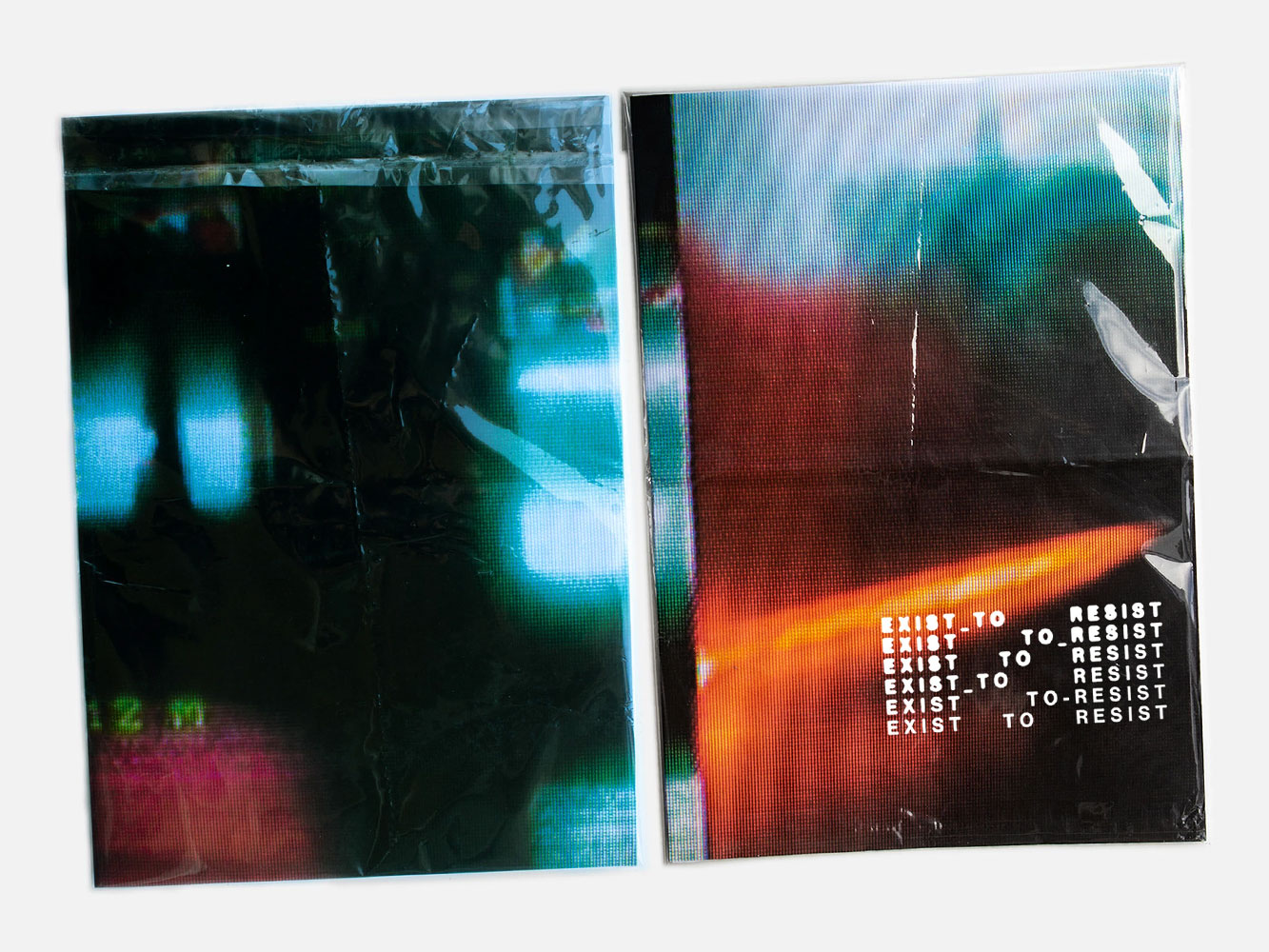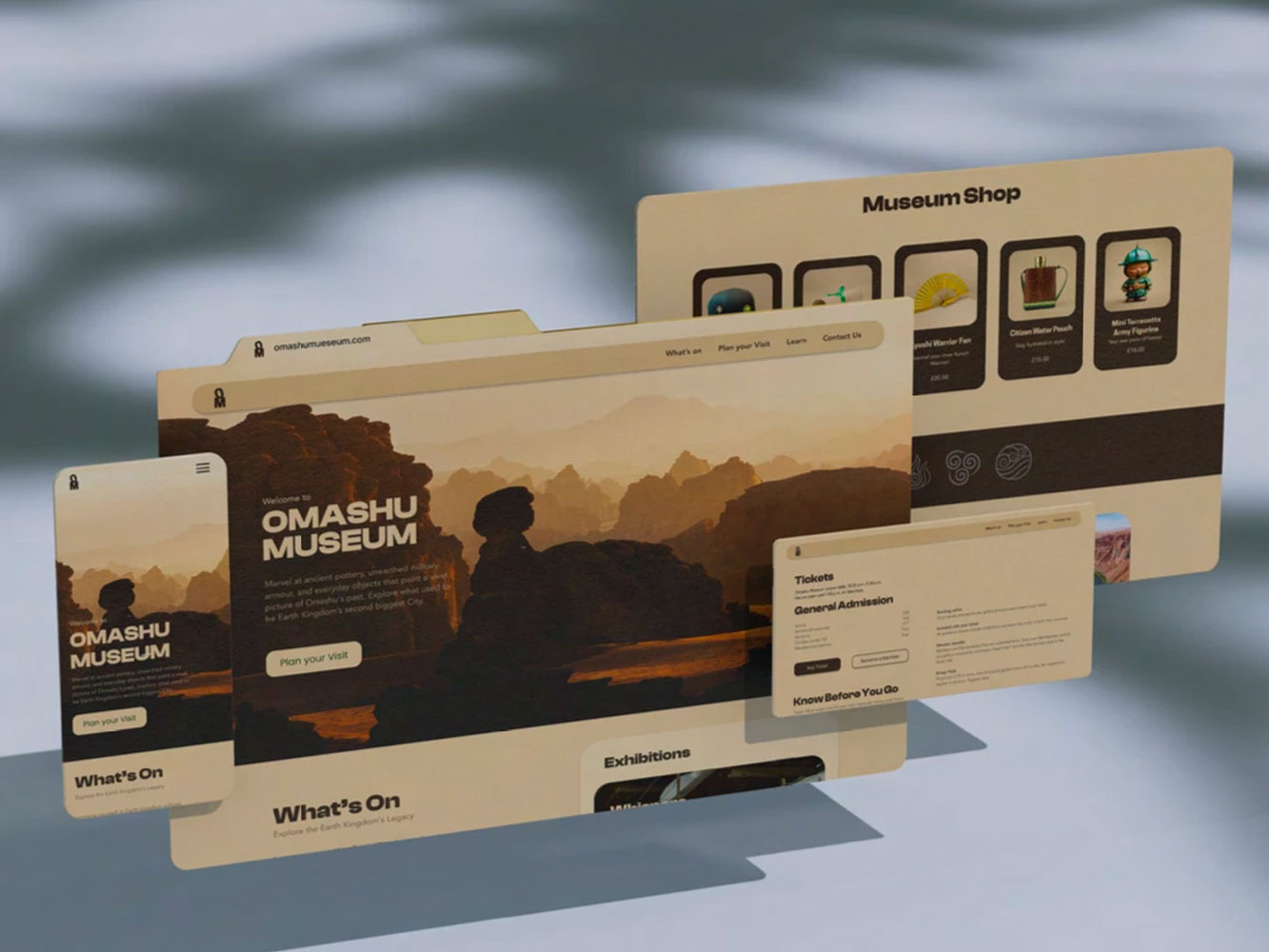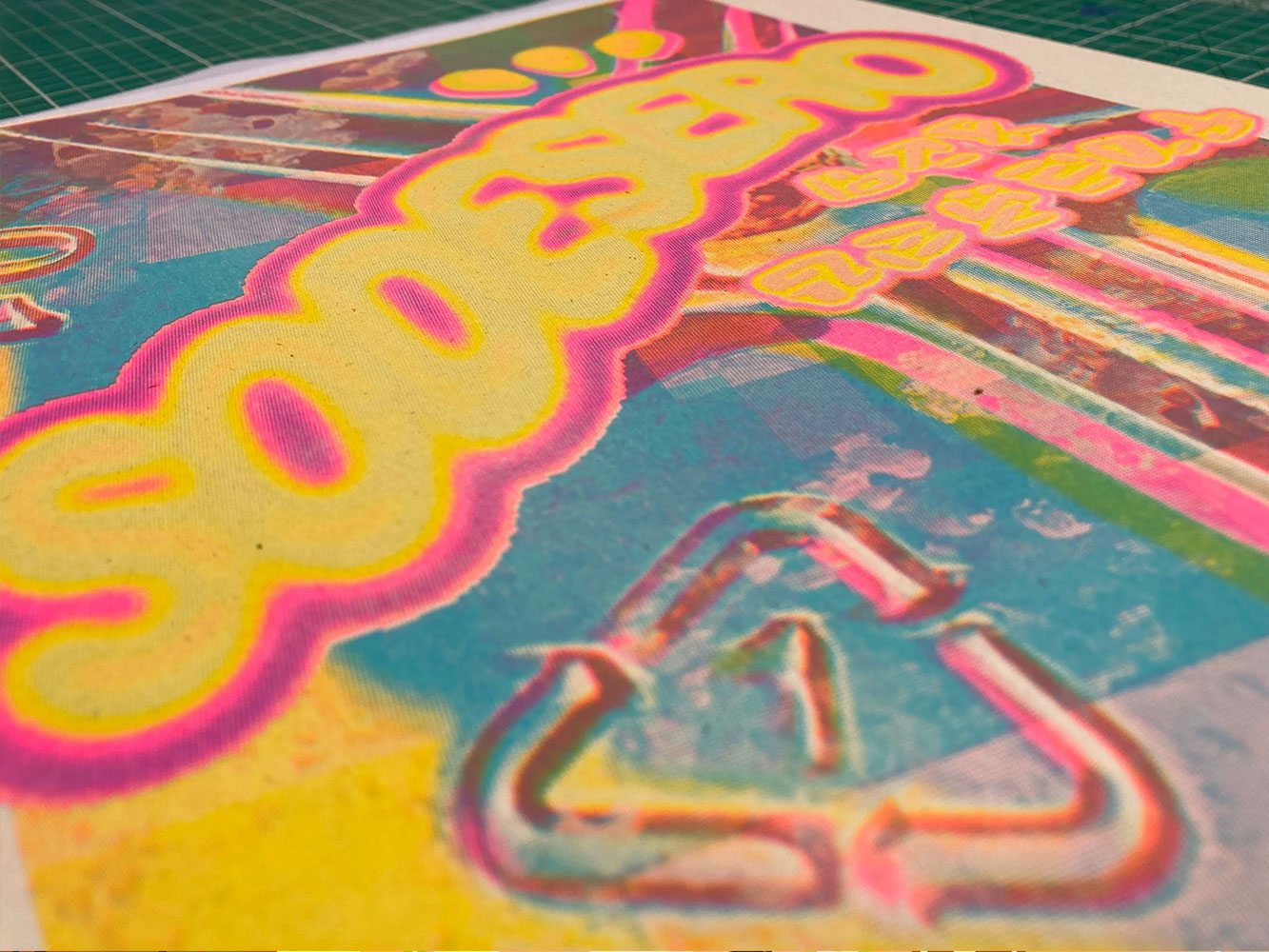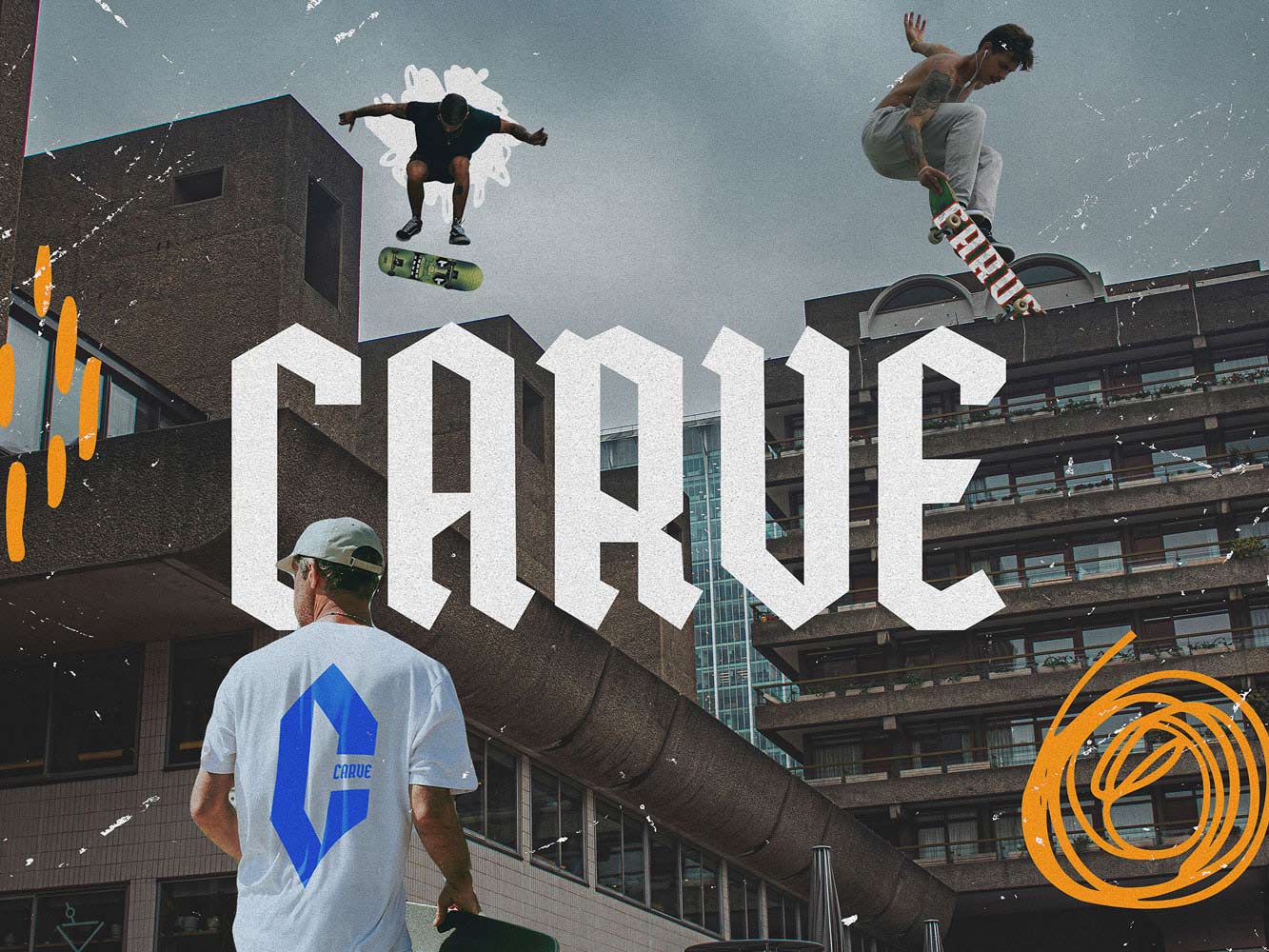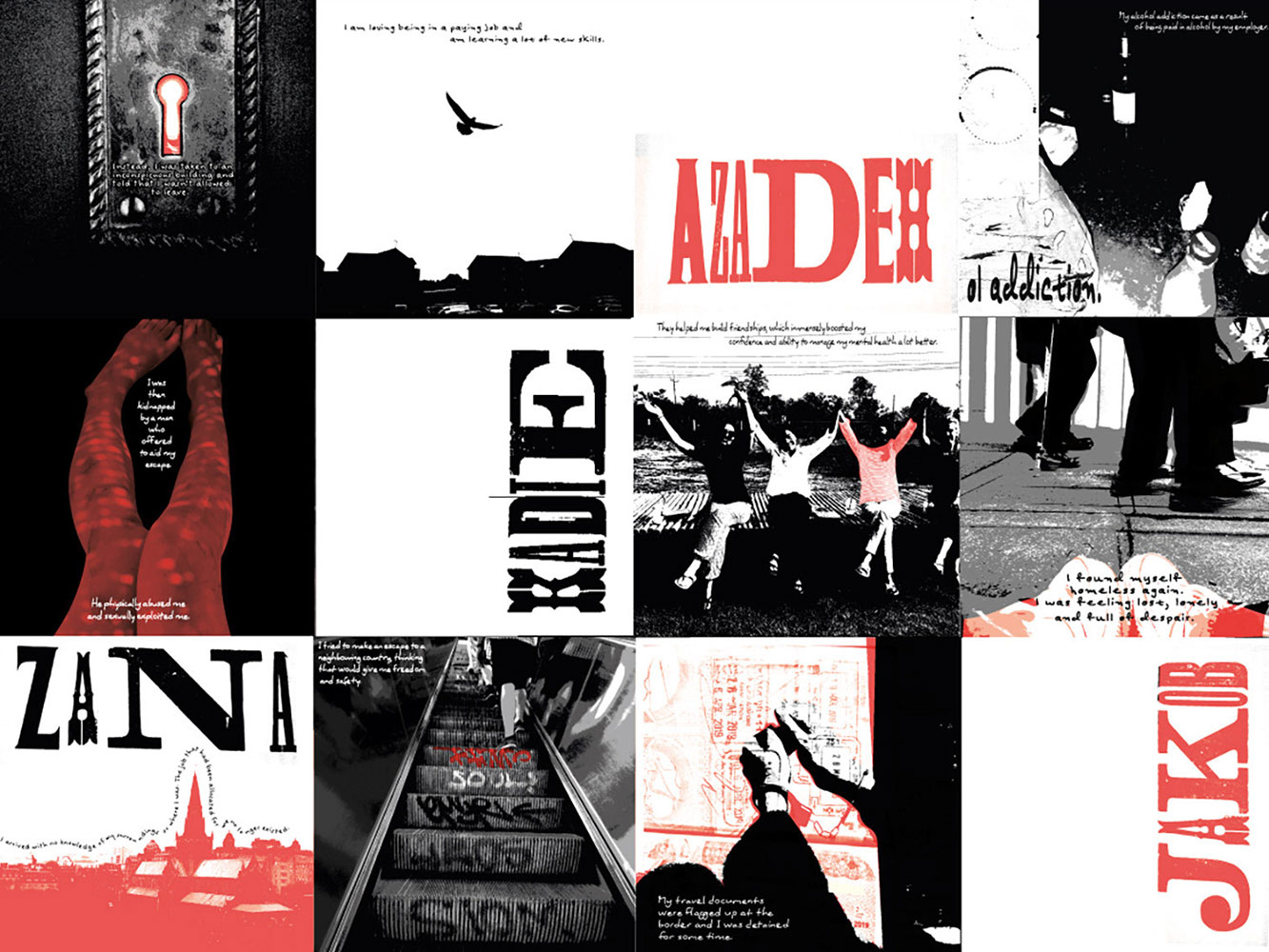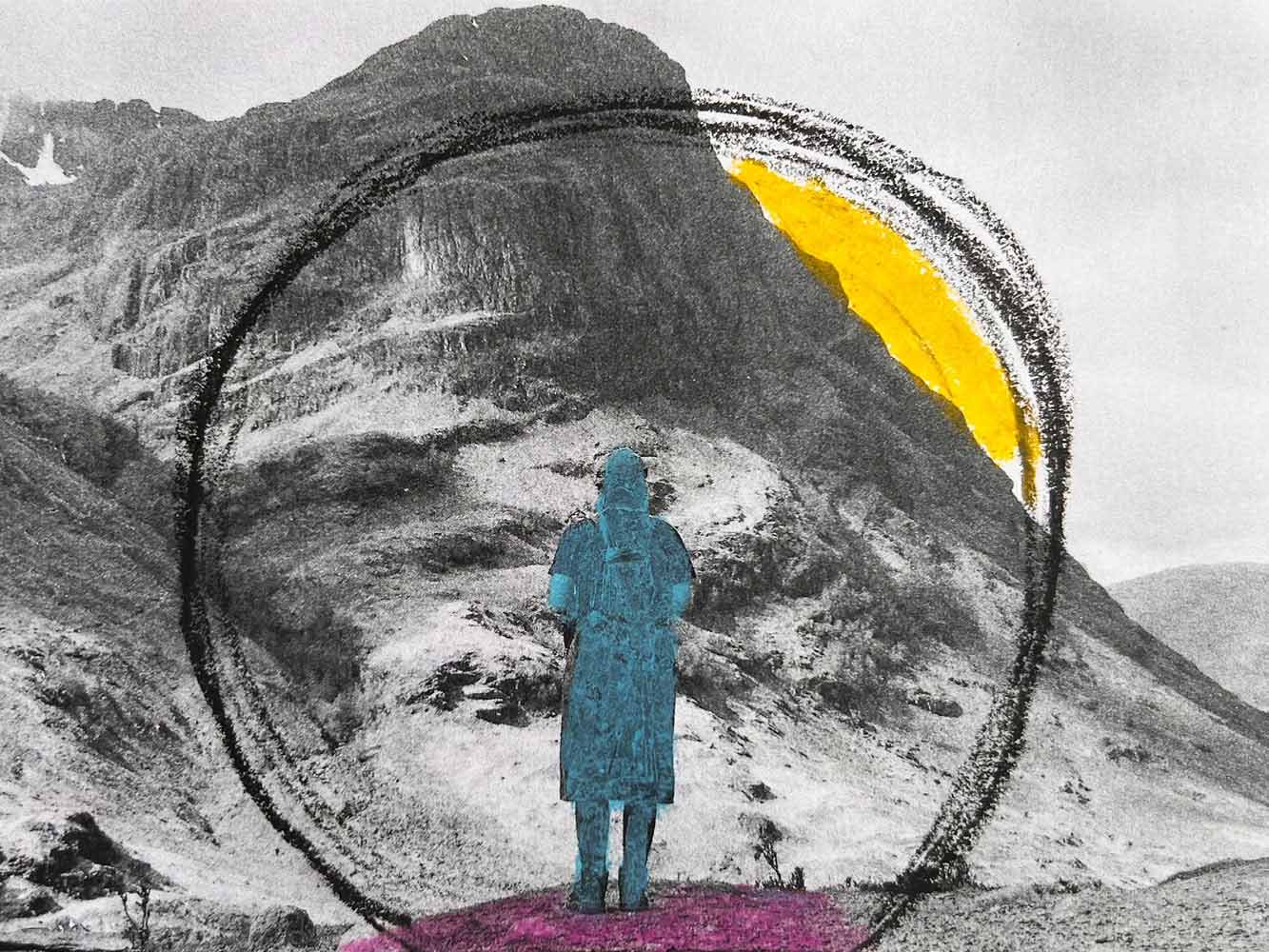Our Communication Design course develops your knowledge and understanding of the key disciplines and supports the development of your creative, critical and technical skills necessary to pursue a career in today’s ever-evolving communication design professions across a range of industry sectors.
You will explore graphics, illustration and photography within a variety of design studio and workshop settings that facilitate collaborative learning experiences using both traditional techniques and the latest digital technologies. Our critical and contextual studies modules explore visual design culture and context while our creative future activities embed an enterprising outlook.
You will have the opportunity to participate in a diverse range of external facing activities throughout the duration of the course including international field study trips, national design competitions, and live collaborative projects with a wide variety of external businesses and organisations.
1st in Scotlandfor teaching quality in Art & Design
(GUG 2026*)
*The Times and Sunday Times Good University Guide
Four honours degree awards are available including Communication Design and/or specialising in Graphic Design, Illustration or Photography.
Year 1
This full-time, studio-based year will develop your creative and critical practice and challenge your understanding of the Art & Design disciplines. These experiences will expand on both your contextual and practical knowledge, introduce you to the Creative Industries and inform your course options for Year 2.
Year 2
In Year 2 you will apply your knowledge and understanding of the creative process within a series of design projects that are delivered through a combination of studio, workshop and contextual and critical study activities that will enable you to develop outcomes that respond to the briefs and allow you to explore your own interests and ambitions as a designer.
Year 3
You will begin to make informed choices about opting into our course routes and potentially specialise in Graphic Design, Illustration or Photography through studio project work and increasing levels of self-directed study in preparation for Year 4. You will gain insight into a variety of professional contexts through live project briefs and explore the requirements of new business start-up.
Year 4
Students can opt to specialise within a particular area, or to undertake a broader cross-disciplinary route of study within Communication Design. Through researching subjects, topics, and themes you will respond to design briefs that will underpin your study and final outcomes. You will develop a creative body of work and portfolio in response to your interests and career ambitions and exhibit at our annual Degree Show.
Communication Design Portfolios
Explore the wide variety of student work and projects on our portfolio page:
Student stories
Hear from our students and graduates about their experiences studying this course:
Communication Design Portfolios
Explore the wide variety of student work and projects on our portfolio page or through a gallery of a selection of student's work:
Our sustainability commitment
Making positive contribution to today’s contemporary society, the Communication Design course provides the necessary knowledge and skill sets that challenge you to build a more sustainable world. We are all accountable for the footprints we leave, and our curriculum is designed to nurture and respect individuality in all our learners whilst actively prioritising the UN Sustainable Development Goals through our course conscience, where students align their creative project work with at least one of the identified targets. We highlight our student’s positive contributions by publishing our course response to sustainability at our annual Degree Show. This is further supported by our Creative Futures module that equips students with practical knowledge and meta-skills for sustainable career development and enterprise at every stage of study.
This course is committed to United Nation's Sustainability Goals 3, 8 and 11. Find out more on the United Nations website.
Events
We have on campus and virtual events to help you find out more about study, student experience and future career paths.
Learning Methods
You will explore graphics, illustration and photography within a variety of design studio and workshop settings that facilitate collaborative learning experiences using both traditional techniques and the latest digital technologies. Our critical and contextual studies modules explore visual design culture and context while our creative future activities embed an enterprising outlook.
You will have the opportunity to participate in a diverse range of external facing activities throughout the duration of the course including international field study trips, national design competitions, and live collaborative projects with a wide variety of external businesses and organisations.
Activity Summary
Year 4
- Lectures - Approx 50 students per group, length of time varies per week
- Seminars - Approx 12 students per group, 1 - 2 hours per week
- Webinar - Approx 50 students per group, length of time varies per week
- Tutorial - 1 - 12 students per group, 0.5 hour per week
- Project Supervision - Approx 50 students per group, 1 - 2 hours per week
- Demonstration - Approx 50 students per group, length of time varies per week
- Practical class or workshop -Approx 50 students per group,length of time varies per week
- Supervised time in studio / workshop - Approx 50 students per group,length of time varies per week
- Independent Study - Approx 50 students per group, length of time varies per week
- Field Work - Approx 50 students per group, length of time varies per week
- External Visits - Approx 50 students per group, length of time varies per week
- Placement / Work Based Learning - Approx 50 students per group, length of time varies per week
Unless specified, activities vary between 1-5 hours per week depending on the module you are undertaking. More detailed information about indicative student workload hours can be found within each module's detailed information page.
How long is a BA (Hons) Communication Design: Graphic Design, Illustration, Photography course?
The duration of a Communication Design course is 4 years. This includes lectures, workshops, independent study and other activities.
Independent Study
As you progress through the course increasing emphasis is placed upon the development of independent learning which culminates in Year 4 when you embark on a series of self-directed design project/s. Honours year will afford you the opportunity reflect on your previous experiences and apply your knowledge and skills at a level approaching professional practice within your chosen route and/or specialism.
Staff Delivering on This Course
Our dedicated team of academic and technical staff have extensive knowledge and understanding of the field and come from a wide variety of backgrounds. Their experience and expertise will provide you with a deep understanding of the communication design disciplines.
Our Professional Associates and industry experts also contribute to the course in a variety of ways and our Guest@Grays lecture programme invites national and international illustrators, designers and photographers to speak about their work. The course works closely with the University’s Library, Study Skills and Careers Centre and staff at other academic institutions.
Assessment
Typically students are assessed each year:
Year 1
- 1 written assignment, including essay
- 3 portfolios
Year 2
- 2 written assignments, including essays
- 3 portfolios
Year 3
- 2 written assignments, including essays
- 3 portfolios
- 1 oral assessment
Year 4
- 1 dissertation
- 1 portfolio
Feedback
We aim to provide you with feedback within 20 working days of hand-in for all written exams, coursework and practical exams.
Placements & work experiences
You will have the opportunity to undertake an optional 10-week ‘work placement’ or alternatively a 4-week ‘work experience’ in Semester 2 of Year 3. This will enable you to gain first-hand experience and insight into professional practice. Opportunities involve working with local, national and international creative companies and designers including FortyTwo Studio, Imajica Brand Evolution, Form, Timorous Beasties, Bespoke Atelier and TellyJuice.
Placements are advertised through our Placement Office, however you also have the option of sourcing your own the placement provider with support from academic staff and the University.
Study abroad
In Semester 2 of Year 3, you will have the opportunity to experience other creative learning environments and cultures through international field study trips and our international study exchanges with our partner colleges in France, Germany, Italy, Belgium, Finland, Denmark and Canada.
Job prospects
Is Communication Design a good career choice?
The choice of routes and the wide range of experiences offered by our course ensures that you will have a number of employment opportunities in various roles across a range of industry sectors post-graduation. We are mindful of employer expectations, and we adapt the curriculum accordingly whilst continuing to closely monitor emerging and future employment trends and opportunities.
Our graduates are adaptable and capable, competing in the job market, securing employment locally and nationally across a wide range of creative and commercial sectors, with many also establishing their own freelance consultancies, while others are working as designers, illustrators and photographers for major creative design agencies and media organisations. A number have extended their education through Postgraduate study.
Find out more about the Master's programme at Gray’s School of Art:
Graduate's roles and employers
Communication Design graduates are now employed in a variety of roles including:
- Graphic Designer
- Illustrator
- Photographer
- Brand Manager
- Social Media Content Manager
- Digital & Motion Designer
- Web Designer
- Art Worker
- Publisher
- Digital Animator
- UX/UI Designer
- Art Director
- Advertising Executive
- Concept Artist
- Creative Director
- 3D Designer
- Digital Designer
Communication Design graduates are now employed by:
- Interbrand
- Cossette
- Sky
- Gym Shark
- Sony
- BBC Sport
- Apple
- G-shock
- Adidas
- OGV Studio
- 442 Design
- ThinkPR
- Hampton Agency
- Denis Law Legacy Trust
- Prospect 13
- Havas Health and You
- Old Course St Andrews
- Blakely
- FortyTwo Studio
- Mission 10
- Collab Apparel
Find out more about the wide range of creative careers:
![]()
RGUflex
Collect academic credit flexibly and claim an award from the University. RGUflex delivers on-demand flexible learning where you can upskill, reskill or pursue a passion. It can also be used by employers to allow them to build an education pathway for their employees to gain the skills and knowledge to meet business needs.
What is needed for a BA (Hons) Communication Design: Graphic Design, Illustration, Photography course?
Standard Entry Requirements
Year 1 entry
These requirements relate to the first year of the BA (Hons) Foundation Art and Design. Entry to the BA (Hons) Communication Design course is from year 2 only either via suitable entry qualifications as stated, or after completion of year 1 BA (Hons) Foundation Art and Design.
- SQA Higher: BCC to include Art & Design (or a creative design and/or media subject e.g. Graphic Communication, Media Studies) and English (or a written subject requiring the use of English)
- GCE A Level: CC to include Art & Design (or a creative design and/or media subject e.g. Media Studies) and English (or a written subject requiring the use of English e.g. History).
- Irish Leaving Certificate Higher: H3H3H4 to include Art (or a creative design and/or technology subject e.g. Graphic Communication, Media Studies) and English (or a written subject requiring the use of English)
- IB Diploma: 24 to include Higher Level Visual Arts and English (or a written subject requiring the use of English).
All applicants with the appropriate qualifications (or due to sit appropriate qualifications) will be invited to attend a portfolio review/interview and participate in a selection process.
Year 2 entry
Suitable qualifications for entry to Year 2 (or above) may include relevant GCE A Levels, HNC/HND or Diploma in Foundation Studies (e.g. Art & Design, Design & Media, Fashion Design, Textile Design).
- GCE A Level: BCC to include Art & Design (or a creative design and/or media subject e.g. Media Studies) and English (or a written subject requiring the use of English).
- IB Diploma: 27 to include Higher Level Visual Arts and English (or a written subject requiring the use of English)
All advanced entry applicants with the appropriate qualifications (or due to sit appropriate qualifications) and who successfully meet the criteria will be invited to attend an ‘advanced’ portfolio review/interview and participate in a selection process.
Minimum Entry Requirements
The minimum entry requirements for widening access applicants are:
Year 1 entry
- SQA Higher: CCC to include Art / Design (or a creative design and/or media subject such as Graphic Communication, Media Studies) and English or a written subject requiring the use of English
Applicants from Partner Colleges
A relevant HND from one of our partner colleges will be considered for entry into Year 2 or 3, subject to successfully meeting the partner course criteria.
All advanced entry applicants with the appropriate qualifications (or due to sit appropriate qualifications) and who successfully meet the criteria will be invited to attend an ‘advanced’ portfolio review/interview and participate in a selection process.
Alternative Qualifications
Those who may not hold the standard qualifications listed are encouraged to apply if they can evidence other appropriate/relevant creative work, qualifications and/or life experiences. Such candidates are advised to contact the Student Admissions Service for further advice and guidance.
A portfolio review/interview is still a requirement for this category of candidate.
Portfolio Review
Suitable applicants should submit a digital portfolio through a Flickr account. Details of the process are in the downloadable portfolio guidance. After viewing digital portfolios all successful applicants will be offered a place. If we feel more information would be useful to your application we will invite you for an interview. All offer holders will be invited to the school for an Applicants Event, which will allow you to meet staff and students while experiencing the teaching environment. It will also be an opportunity for you to ask questions.
Portfolio Guidance
Our online and in-person Portfolio Guidance courses help support and prepare you for applying for an undergraduate course at Gray's School of Art.
International Students
The International College at Robert Gordon University offers first year degree entry into Art and Design courses at Robert Gordon University for International Students.
English Language Requirements
Applicants whose first language is not English should have an IELTS of 6.0 overall, with no component lower than 5.5, or an equivalent.
We accept a variety of in-country and secure English language tests, find out more:
Please note, some courses may require a higher standard of English than stated in this page. Contact admissions@rgu.ac.uk for further information.
Academic Year 2026-2027
Scottish Students
Full Time
| On Campus | ||
|---|---|---|
| Over 4 years | Year 1 | £1820 |
| Year 2 | £1820 | |
| Year 3 | £1820 | |
| Year 4 | £1820 | |
Rest of UK Students
Full Time
| On Campus | ||
|---|---|---|
| Over 4 years | Year 1 | £9535 |
| Year 2 | £9535 | |
| Year 3 | £9535 | |
| Year 4 | £9535 | |
International Students
Full Time
| On Campus | ||
|---|---|---|
| Over 4 years | Year 1 | £18940 |
| Year 2 | £18940 | |
| Year 3 | £18940 | |
| Year 4 | £18940 | |
Academic Year 2025-2026
Scottish Students
Full Time
| On Campus | ||
|---|---|---|
| Over 4 years | Year 1 | £1820 |
| Year 2 | £1820 | |
| Year 3 | £1820 | |
| Year 4 | £1820 | |
Rest of UK Students
Full Time
| On Campus | ||
|---|---|---|
| Over 4 years | Year 1 | £7220 |
| Year 2 | £7220 | |
| Year 3 | £7220 | |
| Year 4 | £7220 | |
International Students
Full Time
| On Campus | ||
|---|---|---|
| Over 4 years | Year 1 | £18300 |
| Year 2 | £18300 | |
| Year 3 | £18300 | |
| Year 4 | £18300 | |
Additional Costs
- Studio fund: £100 Year 1, £30 Year 2, £30 Year 3, £30 Year 4
- £50 - £150 Materials
- £250 Field Study (optional)
- £750 International Travel (optional)
- £300 Camera (optional)
- £1,000 Laptop (optional)
- £350 Tablet (optional)
Some other costs are not included in the course fees:
- The cost of books that you may wish to purchase.
- Costs associated with any placement / study abroad
- Accommodation and Living Costs
- Printing
Student Funding
If you are a Scottish resident, you may be eligible for funding and should apply to SAAS for funding.
Students from other parts of the UK should visit the appropriate website:
Scholarships and Financial Awards
You may qualify for a scholarship or financial award:
Disclaimer
For new intakes, course fees are reviewed and published annually for each mode of delivery. Tuition fees are fixed for the duration of a course at the rate confirmed in the offer letter. For further information:
Any questions?
Get in touch with our Student Admissions Service and we'll do our best to help.


